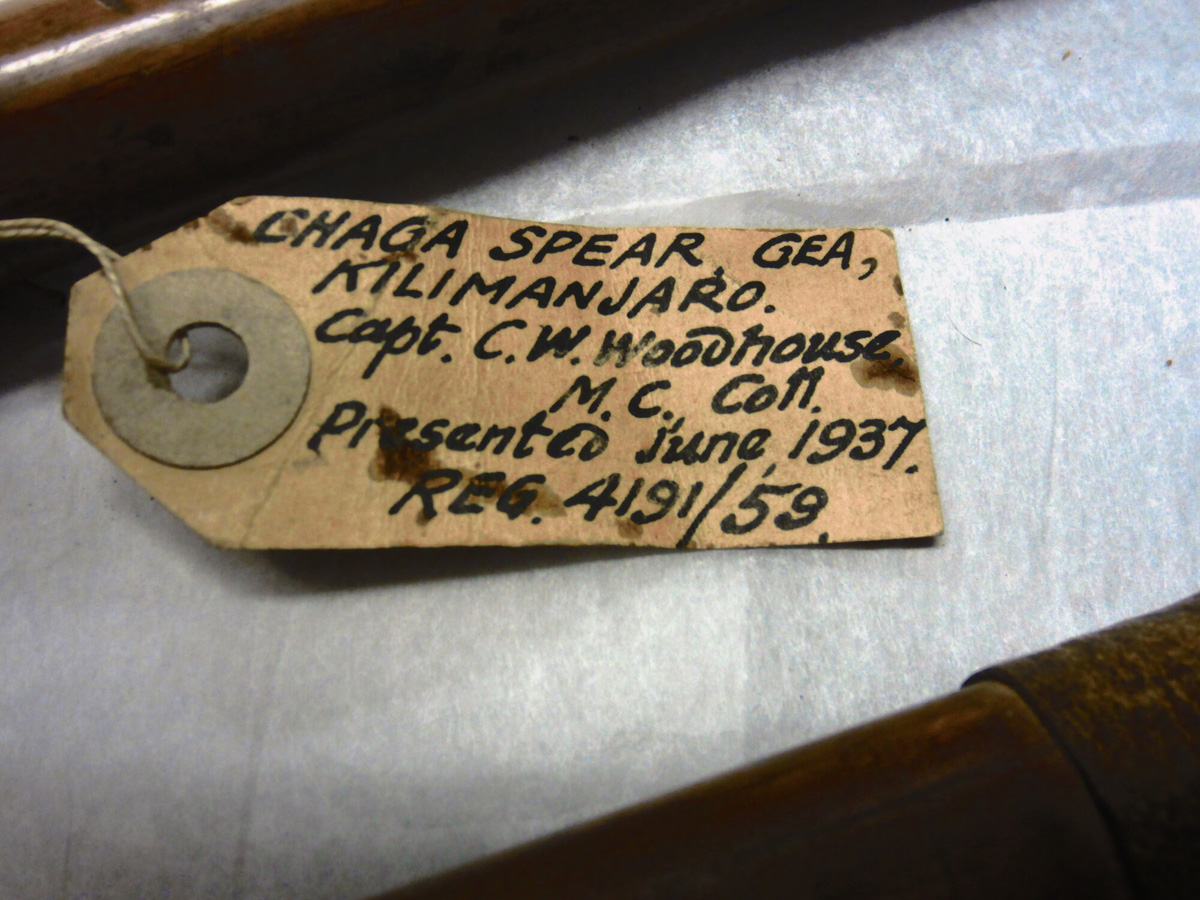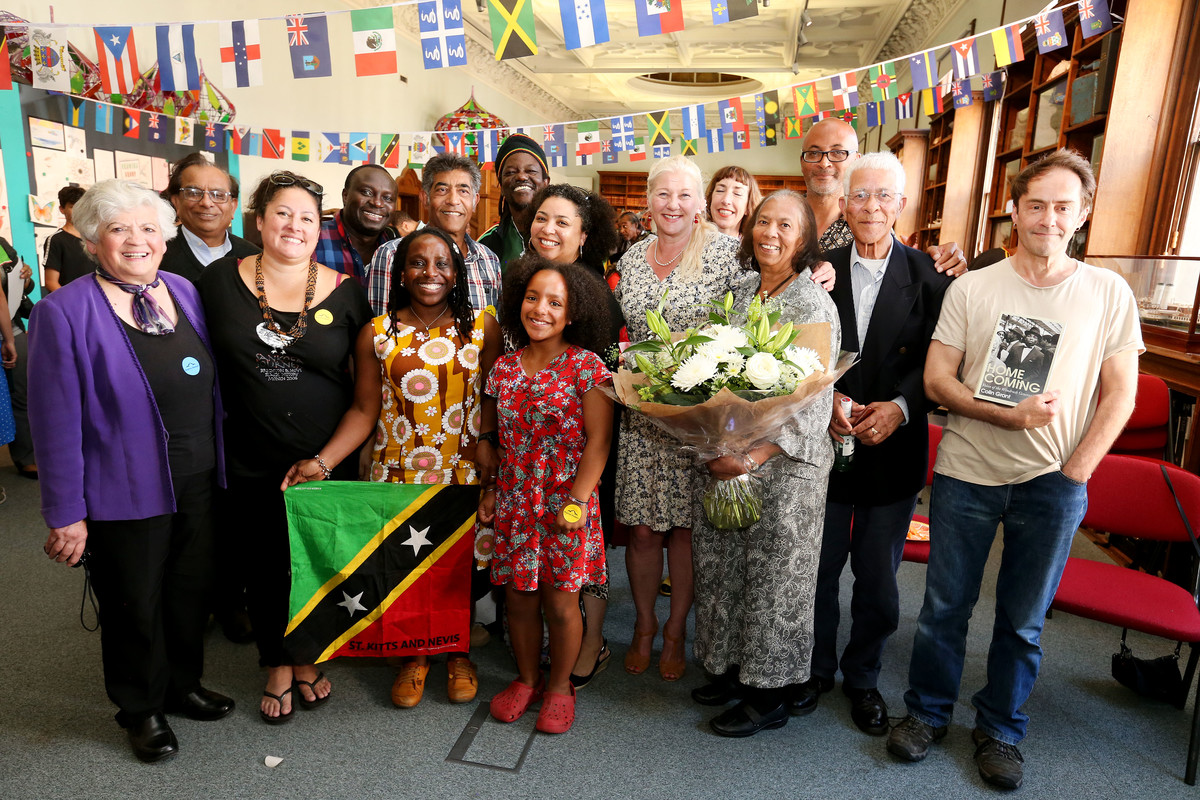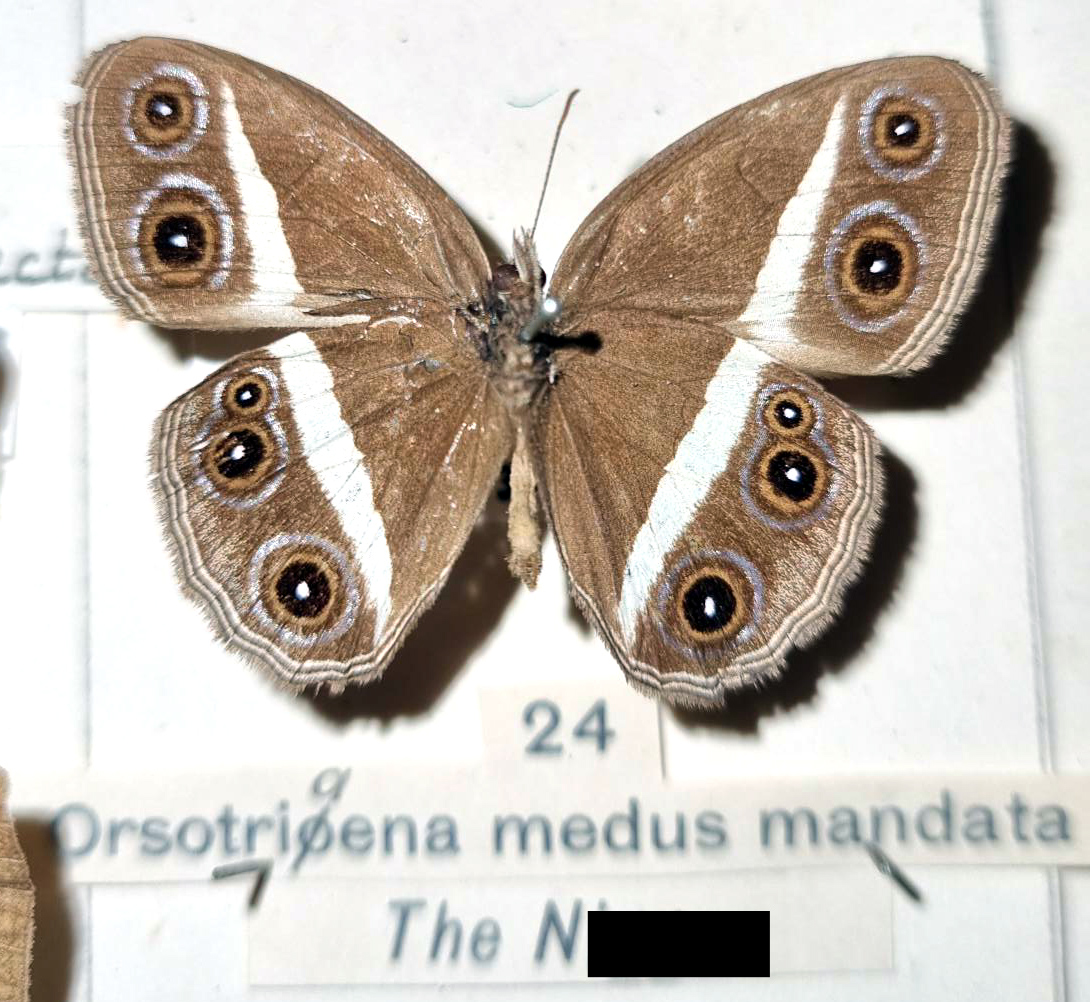
Decolonisation Statement
At B&HM, decolonisation means recognising the colonial histories, structures and narratives of our sites and our collections, and seeking to present them more equitably and honestly.
We recognise that decolonisation is an evolving process that will take time and that we are near the beginning of our journey. Through open – sometimes uncomfortable – conversations with people who have historically been marginalised, we will identify our mistakes, learning from them and continuously improving.
- We seek to reveal rather than conceal our collections’ histories, no matter how uncomfortable this may be.
- We seek to right historic wrongs by giving due credit to all people involved in creating our collections, especially those who were made invisible due to their sex, race, ethnic origin, disability, sexual orientation, religion or class.
- We work alongside communities to present our collections – and their stories – in anti-discriminatory ways.
- We acknowledge that historically Museums have supported exploitative relations based on wealth, class and ethnicity and the collections they hold have been used consciously and unconsciously to reinforce certain ways of thinking about people. In response to this, we will work with communities to share ideas and explore different approaches to understanding and using the collections.
- We question accepted authority and whose voices are given prominence – and whose have traditionally been silenced – within our spaces and collections.
- We are honest about where culture (including culture that we perceive as white British) has been taken from other nations and peoples.
Safeguarding
- We recognise that visitors, volunteers and staff of colour have lived experience of racism, and the impact of this is trauma. This is likely to affect how they present. We will always consider the race, ethnicity and cultural needs of all who use our services.
- We acknowledge the Adultification of black children, where black girls and boys are inappropriately treated as adults, due to perceptions of them presenting as older than their non-black peers. Our staff and volunteers will always treat black boys and girls as the children they are, regardless of how they present, and follow all our policies for safeguarding children.
Image: Object label for a Chaga Spear from Kilimanjaro, obtained in 1937. Tribal weapons, such as this spear used by the indigenous Africans living in the foothills of Mount Kilimanjaro, were no match for modern, rapid loading guns. As an example, at the famous battle of Rorke’s Drift, the Zulus used some breech loading rifles they had captured earlier, and these rifles caused all of the (few) British casualties.


